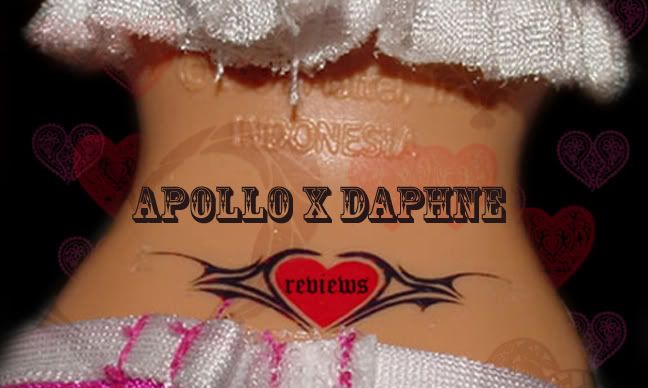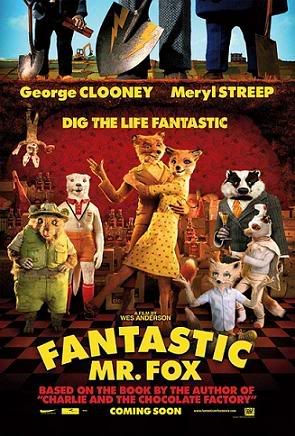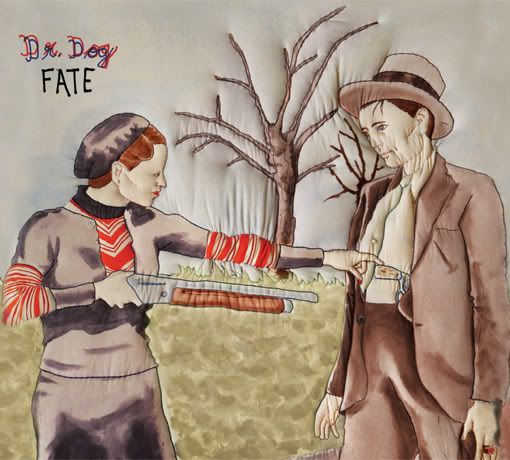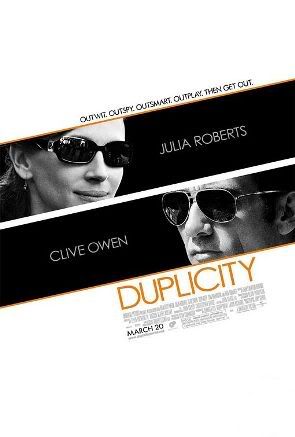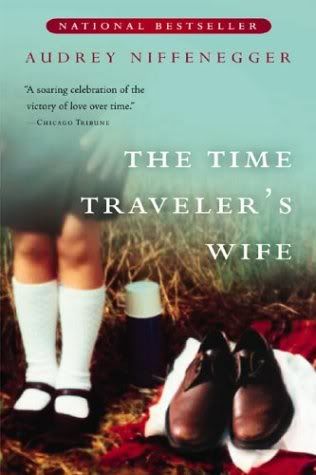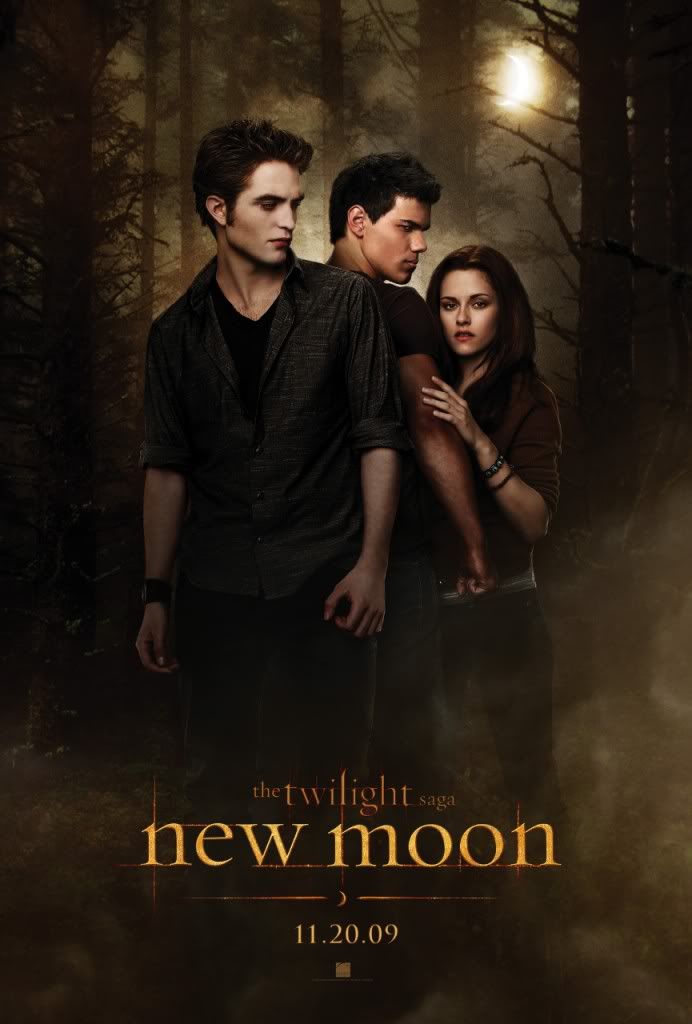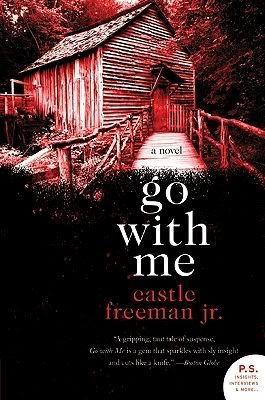
Who names their kid "Castle"? Just had to get that out of the system.
One of the most underappreciated art forms ever, not just in America, is the novella or short novel. For most novels you can cut out a ton of the content and have a cleaner, better story. But, for some reason, people don't take them seriously. Freeman Jr.'s Go With Me should make people think twice.
In a tiny, rugged Vermont town Lillian is being stalked. A local enigma, Blackway, has killed her cat and forced her boyfriend out of the state. She doesn't have proof, so local law enforcement advises her to find other ways to deal with the situation. She seeks out the aging Lester and young Nate to help remedy the situation with Blackway; meanwhile, the town elders sit around contemplating who will win in the impending fight.
This story is cold, stark, and most importantly an analytic dissection of action and consequence in a limited, high-tension environment. This is not a book to give you warm fuzzies. It doesn't even want you to like its characters. Blackway is a frightening, looming presence, Lester is a taciturn old man, Nate barely says a word because he's a simpleton, and Lillian is willful but often a bitch even to the men helping her. And although we can barely empathize with or relate to these characters, the story still draws us in with its calculating precision and magnifying glass structure. This effect is only amplified by the stark and ruthless writing. Another pull is the mystery of Blackway, who appears but briefly in person.
The plot doesn't lumber, it builds and then races to a climax, propelling the story forward. It's a story which has been taunting us by pausing in various places along its path toward the final destination. Arguably the weakest part of the text is the council of town elders; while they do give insight into the provincialism and homespun nature of the town, they often repeat themselves...and as true to real life as that is, that doesn't make the technique interesting.
Verdict: this short but sweet mystery thriller is a dark and treacherous read.
-elln
